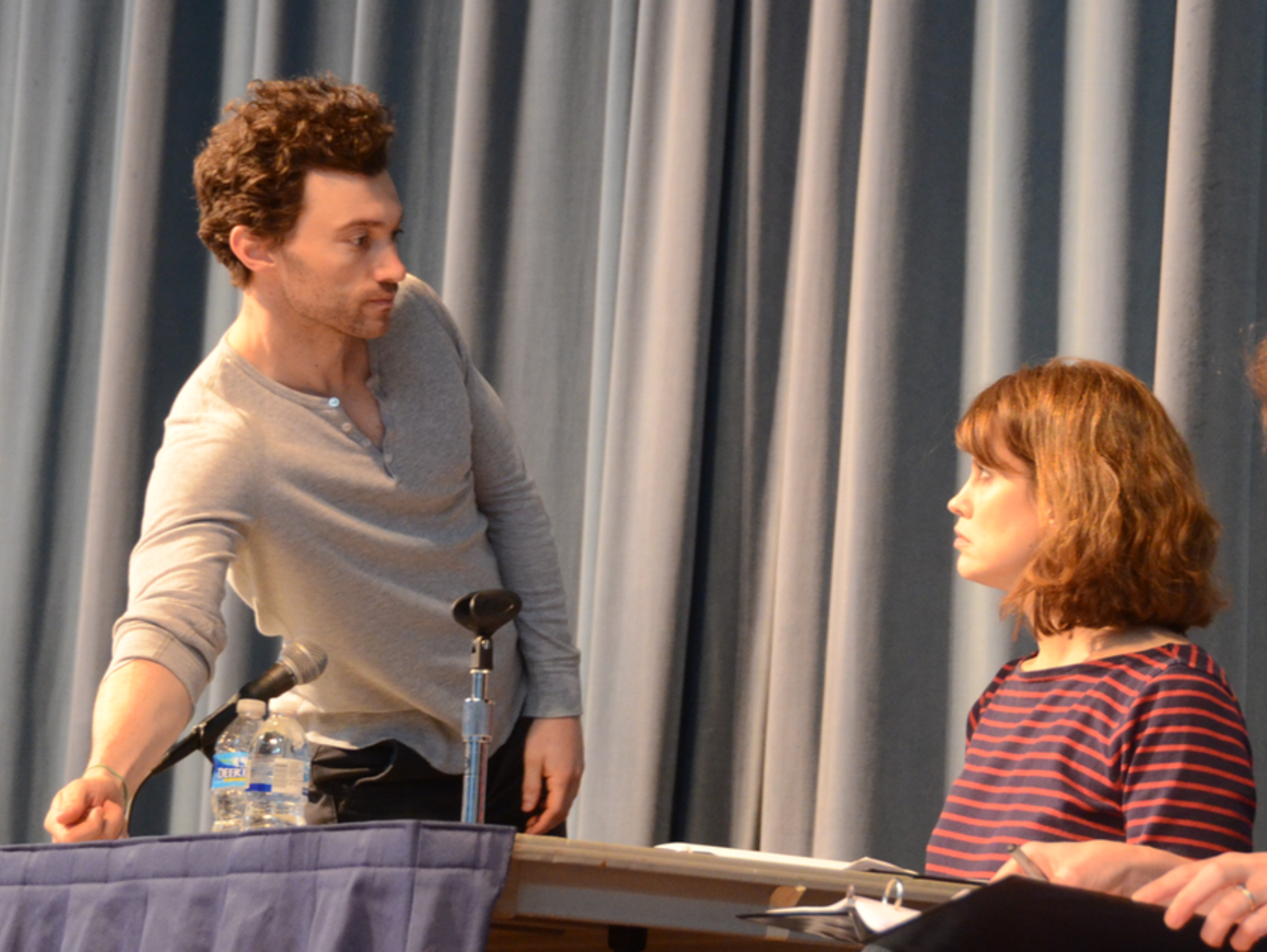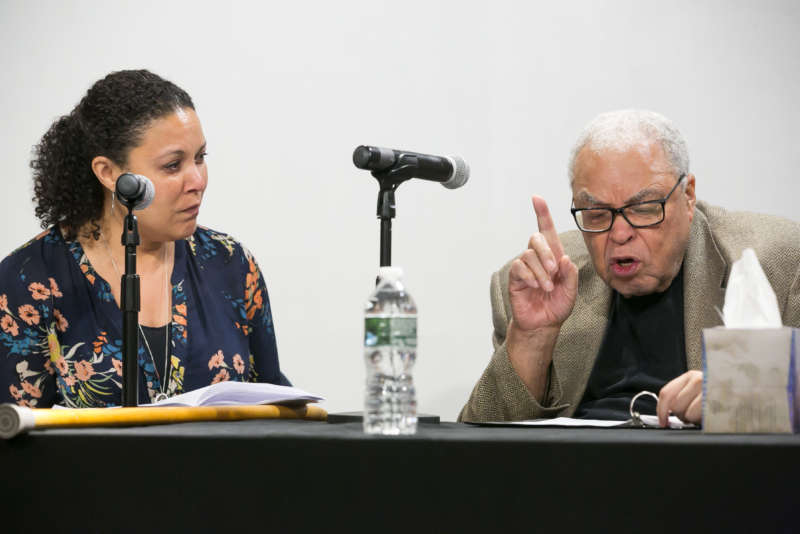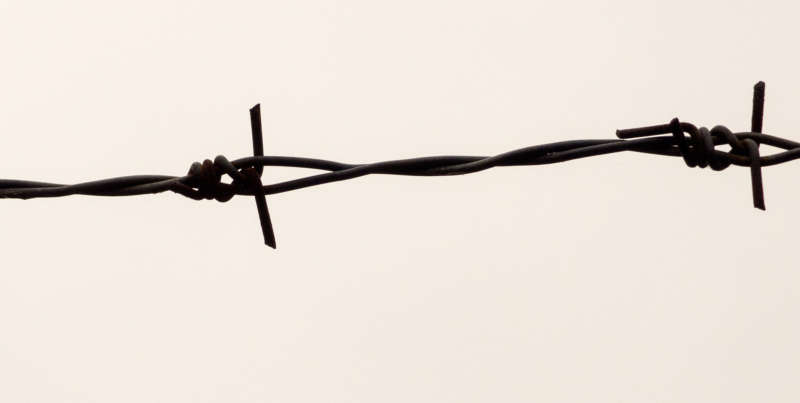About the project

Domestic Violence Project
Dramatic Reading of A Streetcar Named Desire, by Tennessee Williams
Directed by Bryan Doerries
The Domestic Violence Project is a public health project that presents scenes from Tennessee Williams’ A Streetcar Named Desire as a catalyst for guided discussions about the impact of domestic violence on individuals, couples, children, caregivers, and communities. This unique participatory event is designed to generate open discussion among audiences to raise awareness, foster compassion, and inspire action with regard to the consequences of domestic violence as experienced by individuals, couples, children, and communities. This project premiered in Portland, Maine in 2013 through a collaboration with the Maine Humanities Council, and has since been presented on university campuses and military installations throughout the country. Under our current Public Artist in Residence initiative, the project has been presented in public high schools, public housing developments, libraries, and community centers in partnership with the Mayor's Office to End Domestic and Gender-Based Violence.
I was struck by the moment when Stella came back to Stanley, and they held each other. It’s so complicated. It’s never black and white.
About the play
-
A Streetcar Named Desire by Tennessee Williams
The Domestic Violence Project presents scenes 3 and 4 from Tennessee Williams’ A Streetcar Named Desire, depicting the infamous poker night and its aftermath in Williams’ iconic American play: Stanley and the boys are up late playing poker in small apartment where he lives with his wife, Stella. When Stella and her sister Blanche arrive home, a violent altercation ensues, and when the drunken Stanley becomes violent, his friends are forced to pin him down while Stella retreats to a neighbor’s home. Stanley’s breaks down and begs Stella to come back to him, which she does. The next day Blanche confronts Stella over Stanley’s behavior and, much to her surprise, learns that Stella does not wish to leave Stanley.
Highlights

A Streetcar Named Desire: Let’s Talk About Domestic Violence
Bangor Maine / 2013
The Domestic Violence Project was featured on bangordailynews.com

Explore Projects
-
 Caregiving & DeathKing Lear Project
Caregiving & DeathKing Lear ProjectThe King Lear Project presents streamlined readings of scenes from Shakespeare’s King Lear to engage diverse audiences—including older adults, caregivers, and family members—in open, healing, constructive, discussions about the challenges of aging, dementia, and caring for friends and loved ones.
-
 GenocideThe Investigation
GenocideThe InvestigationTheater of War Productions and the Museum of Jewish Heritage, in partnership with the National Yiddish Theatre Folksbiene, present readings of scenes Peter Weiss' play The Investigation, a piece of documentary theater adapted from the Frankfurt Auschwitz Trials of 1963-1965. This project centers on guided discussions about mass murder and its lasting impact upon individuals, families, communities, and countries throughout the world. Performed by a diverse cast, including international performers from communities affected by genocide, The Investigation seeks to generate powerful dialogue across cultures and communities about the human capacity for evil, as well as the systems and hierarchies that create the conditions for unthinkable violence.
-
Caregiving & DeathThe Nurse Antigone
A groundbreaking project by and for nurses, The Nurse Antigone presents dramatic readings of Sophocles’ Antigone on Zoom—featuring professional actors and a chorus of frontline nurses—to help frame powerful, guided discussions about the unique challenges faced by nurses before, during, and after the COVID-19 pandemic.